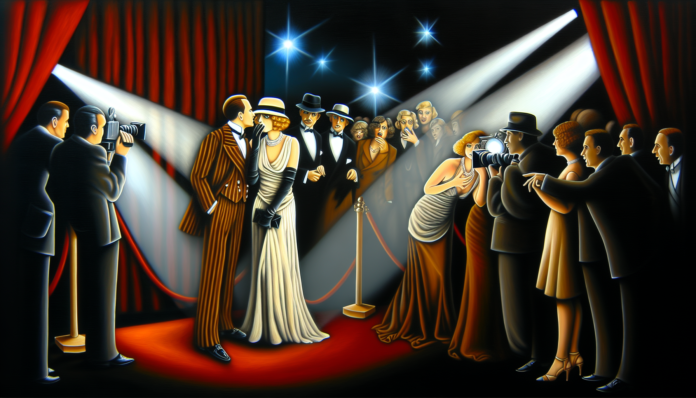Introduction
Mel Gibson, once lauded as the quintessential Hollywood leading man, became a polarizing figure due to a series of scandals that significantly marred his reputation. The fires of controversy ignited in the mid-2000s, particularly with incidents involving anti-Semitic remarks, domestic violence allegations, and racial slurs. This article explores these missteps, which reflect the shifting moral attitudes of society and how they shape the narrative around celebrity behavior.
The Scandal
Gibson’s troubles began to surface in 2006, following his arrest for DUI. During the arrest, he unleashed a torrent of anti-Semitic remarks that shocked many. Notably, he proclaimed, “The Jews are responsible for all the wars in the world.” This statement would reverberate through Hollywood and beyond, leading to immediate backlash.
- Key Events:
- July 28, 2006: Gibson was arrested in Malibu, spurring widespread outrage.
- Aftermath: His publicist resigned, and his planned projects faced scrutiny.
In 2010, the situation escalated with the release of recordings that captured Gibson making racially charged comments to his then-girlfriend, Oksana Grigorieva. In these tapes, he threatened her and displayed troubling attitudes towards women and minorities, which amplified public indignation.
Quotes from the Time
Commentators and celebrities alike expressed their disbelief at Gibson’s behavior. Actress Whoopi Goldberg defended him initially, suggesting that he was “not a racist,” while many in the Jewish community, including the Anti-Defamation League, condemned his actions as deeply harmful and damaging.
Moral and Cultural Analysis
Societal response to Gibson’s transgressions was swift and scathing:
- Public Outrage: Many fans turned away from his films, and Hollywood distanced itself from him. Projects were canceled, and sponsors withdrew support.
- Consequences: Gibson faced a significant career downturn. Though he attempted a return with films like “Hacksaw Ridge,” the public memory of his scandals lingered.
Comparing Perspectives
At the time, the reactions were indicative of a broader societal willingness to confront issues related to racism and misogyny. The late 2000s saw an increasing awareness of social justice, with movements gaining traction worldwide.
Today, Gibson’s actions would likely face even harsher scrutiny. Hashtags protesting Hollywood’s treatment of problematic figures might flood social media, further fueling calls for accountability. Celebrities now navigate a landscape where anti-Semitism, misogyny, and racism are less tolerated than before.
Modern audiences are increasingly aligned with values of inclusivity and respect, which would lead to a complete reevaluation of Gibson’s past statements and actions. Discussions about accountability culture suggest that his potential redemption arc would be far more complex today.
This shifting moral landscape reflects not just changing social norms but also a new expectation that public figures should embody ethics that align with contemporary values, which places figures like Gibson under the microscope like never before.

